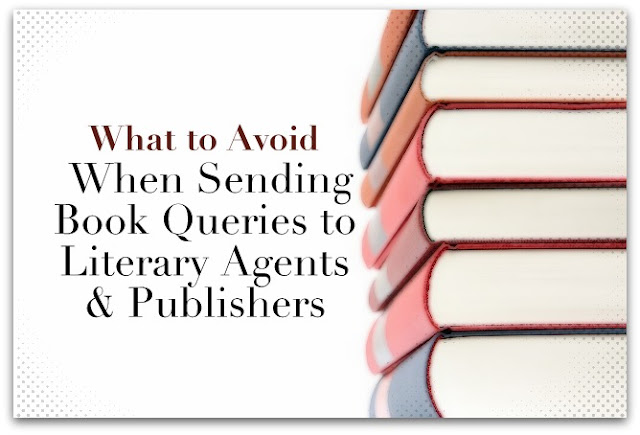Sending out the right book query is the most nerve-wracking thing an author can do, more so when trying to secure a literary agent, because they know most top-level publishers will not accept book queries from authors not already represented by an agency. While many authors feel their work is unique and interesting, putting that concept into a query can often lead to them supplying more information than needed, damaging their chances of securing an agent.
How Long Should a Book Query Be & What to Include?
A book query should be no longer than one page all-together, but that doesn't mean the entire page should be about your book; in fact only about 40% of the page should provide a short synopsis about the book and a few lines about its goal. The rest of the page should include an introduction of the author, the author's awards, credentials, why they've pitched this book to that particular agent and technical information about the book and its accolades.
In a separate article, we'll provide a sample query page, so you can understand just what it should look like.
Book Queries with Too Much Information
Going on about your resume, past experiences in writing and too much information about the book is messy, and quite frankly, no one has time to read it. We can tell you from personal experience, when we get review submissions, they're in the form of queries and we encourage authors, agents and publishers to structure them neatly with just enough information to get the point across. Is this because we're impatient, mean people? No, its because there are hundreds of other queries to go through, and we want to give everyone a fair chance at being picked.
The same thing happens to literary agents. Many of them have to go through hundreds of queries for both good books and bad books as well as reading the chapters attached to them. It's a lot of time and effort that goes into this process, so short and sweet is the rule!
Avoid long synopsis' and bios. Many authors also make the mistake of writing elongated book descriptions, thinking that if they include more of the books innards, it might catch the curiosity of the agent. It only muddies the water. If you can't sum up your book's general content into 2-3 paragraphs, you need to work on that until you can. Always remember, that while you may be nervous about excluding information, the first three chapters of your book will most likely be requested as well, so put more effort into making sure these three chapters are super intense and appealing.
Also avoid sending plights for acceptance base on your current circumstances; this will only take away valuable space from your book's actual information and will make you seem unprofessional.
The First Three Chapters
Query letters are often only accepted if the author has also submitted the first three chapters as well. Make your first three chapters your holy trinity, include drama, backstory information and appealing content in order to retain the agent's appeal. Even if your query letter is good, if your first chapters aren't and the rest of your book is, it will not get picked. This is why you see many books starting off fairly quickly and slowing down towards chapter 4 and 5 to give more backstory and details. Often, authors reserve these chapters to address the lives of less important characters and such, instead of trying to introduce all characters in the holy trinity, taking up valuable literary retail space.
Stay tuned, we have an article coming that will provide a sample a query letter for your resource library. One of our major goals is to provide authors with useful resources to navigate the publishing world.
Tweet

No comments:
Post a Comment
Discuss This